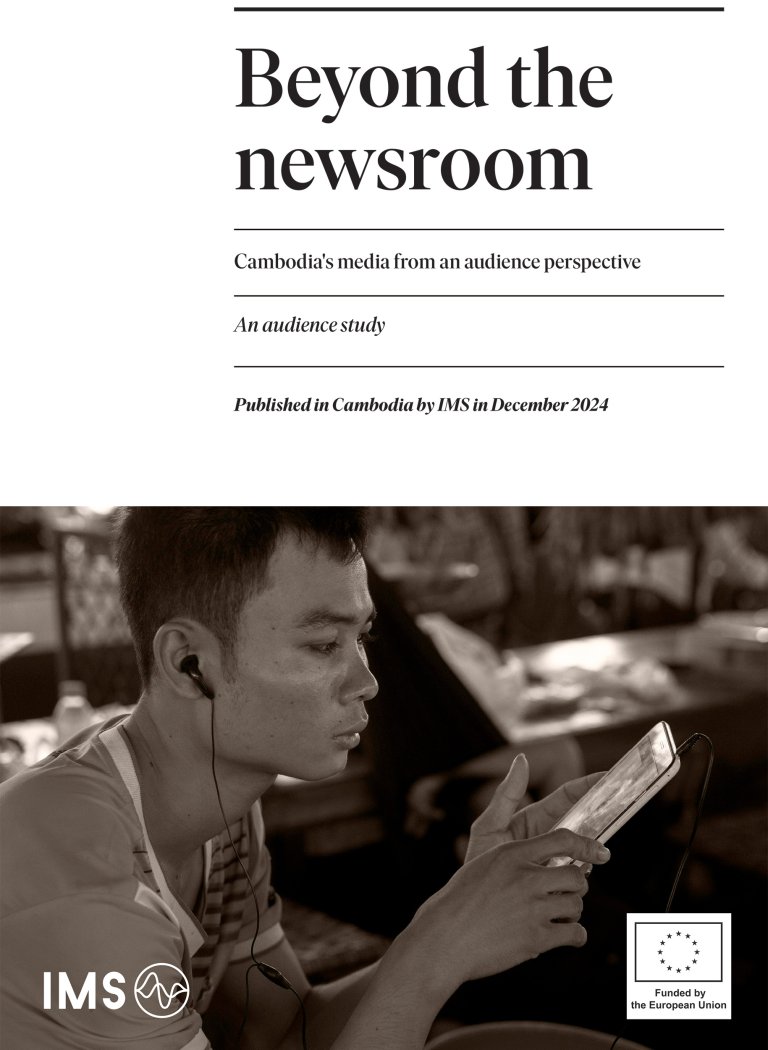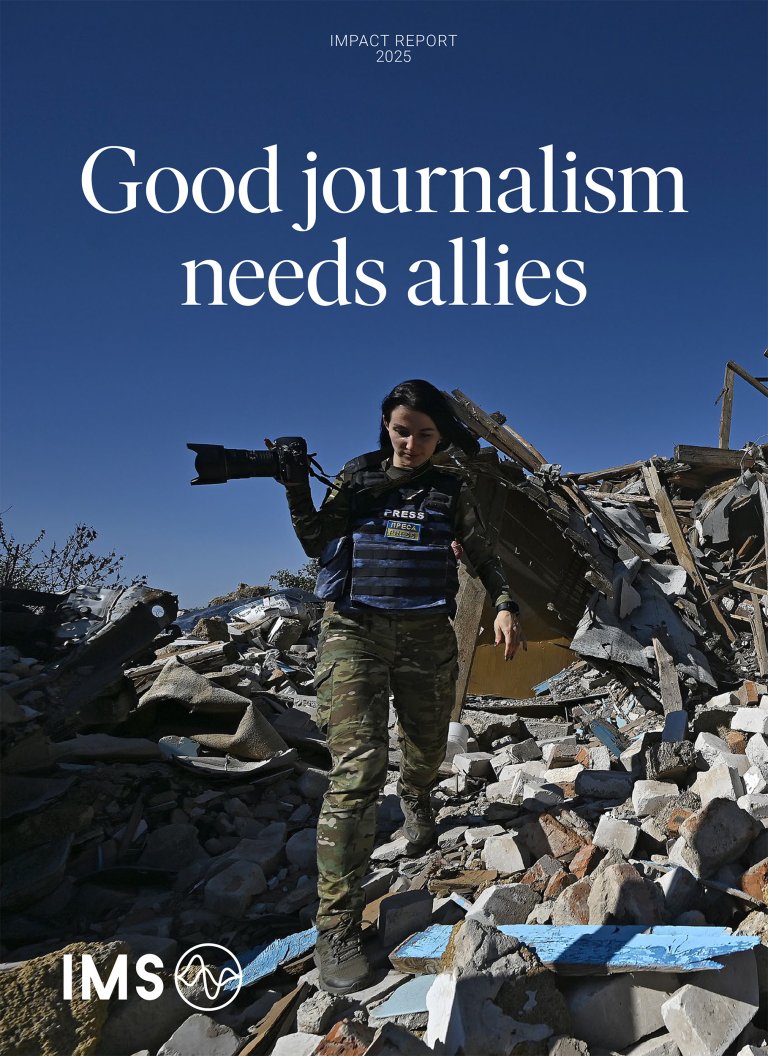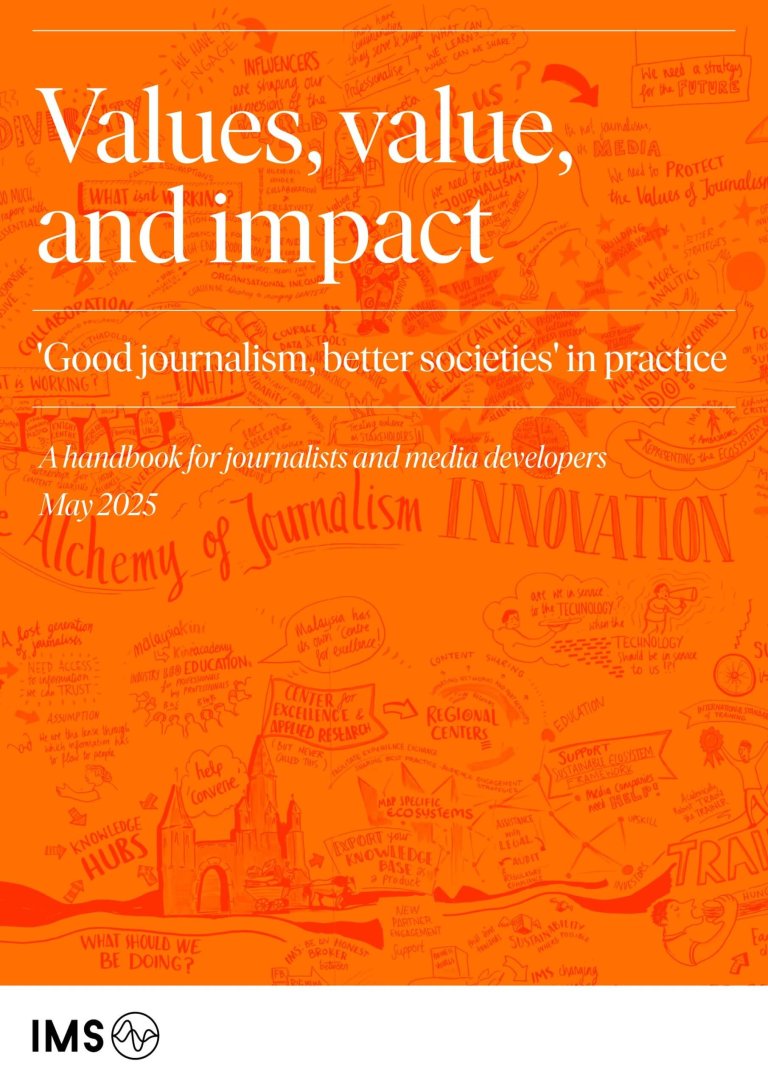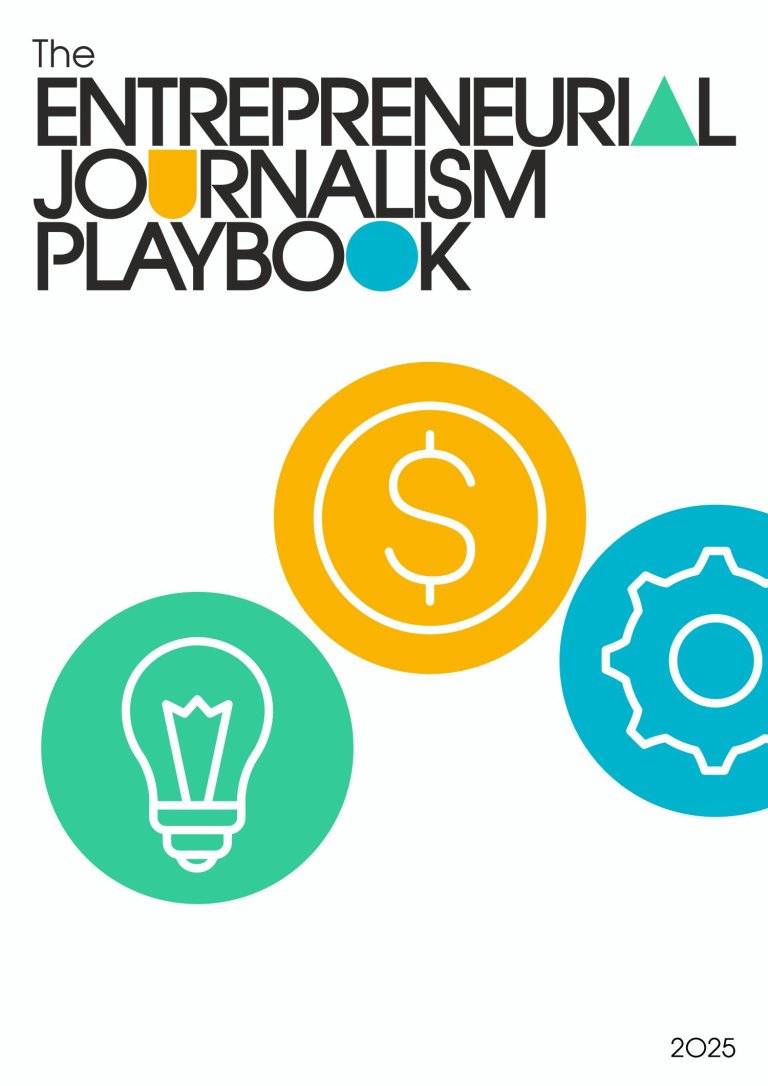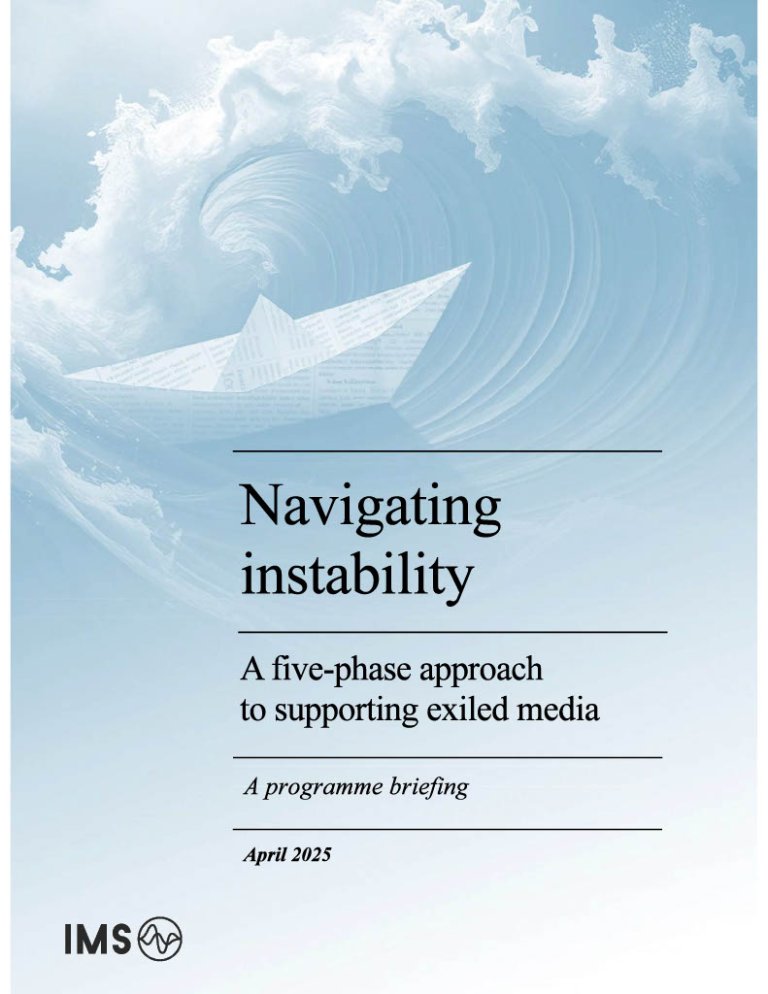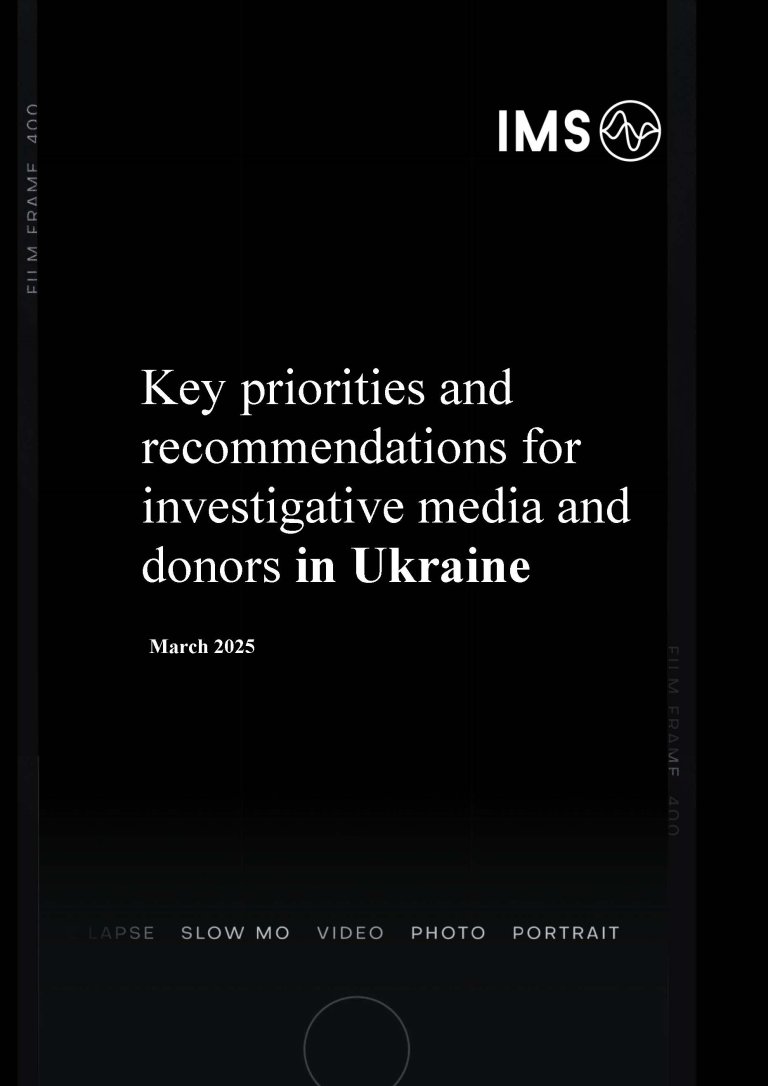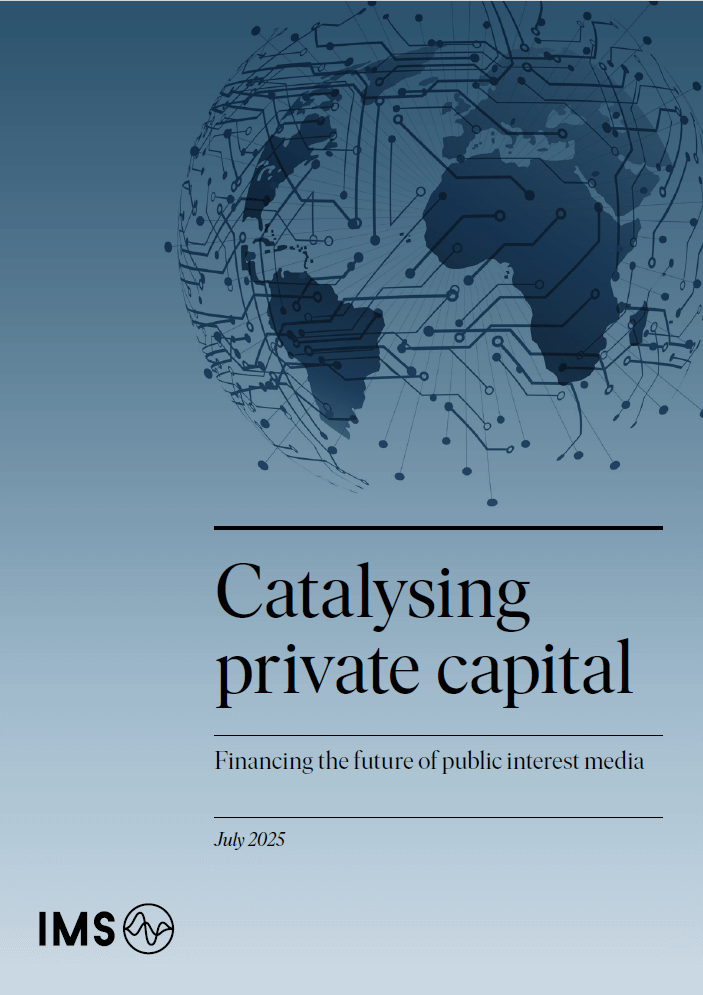
Catalysing Private Capital: Financing the future of public interest media
Across the globe, media outlets are collapsing under the weight of failing business models, vanishing advertising revenues and escalating political pressure. This report responds to a rising demand from the media development field to understand how private capital can complement and strengthen traditional donor funding. The private sector alone will not save journalism, but it cannot remain on the sidelines.



